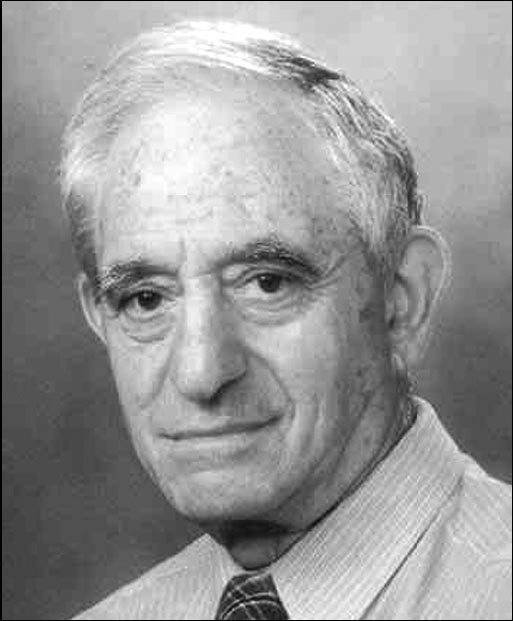 Archie Kalokerinos, M.D.
Archie Kalokerinos, M.D.
1927 - 2012 Hall of Fame 2009 "Any attempt to adequately write about Archie Kalokerinos would need a thousand pages and would incorporate many such adjectives as: far-sighted, intelligent, sensible,
observant, honest, caring, altruistic, congenial, meticulous, brave, dogged, intrepid,
and last but not least, the trite, but well-deserved, 'great.'"
Archie Kalokerinos was born in Glenn Innes, Australia, in 1927 and took his MD degree from Sydney University in 1951. He was appointed Medical Superintendent of the hospital at Collarenebri, Australia, where he served until 1975. His practice is based on Linus Pauling’s theory that many diseases result from excessive free radicals and can accordingly be prevented or cured by vitamin C. Kalokerinos is well known worldwide as the doctor who spent much of his time fighting for the well-being of the Aboriginal inhabitants of Australia. He became very concerned about the high death rate of Aboriginal children in New South Wales and came to the conclusion that the infants had symptoms of scurvy, a deficiency of vitamin C. In his ground-breaking book, Every Second Child, he discovered that the an acute vitamin C deficiency provoked by the vaccinations was the reason why, at a certain point, up to half of the vaccinated Aboriginal infants died. Instead of being rewarded for this lifesaving observation, Kalokerinos was harassed and his methods were disregarded by the authorities, probably because they were too simple, too cheap and too efficacious to be accepted by the vested interests of modern medicine. And, besides, they were meant to protect a population which, in its own native county, is regarded by some as not worth taking the trouble for anyway. Dr. Kalokerinos, however, thought differently, and the Nobel prize winner Linus Pauling, (who wrote the foreword to Every Second Child) endorsed his views. Kalokerinos is a Life Fellow of the Royal Society for the Promotion of Health, of the International Academy of Preventive Medicine, of the Australasian College of Biomedical Scientists, of the Hong Kong Medical Technology Association, and a Member of the New York Academy of Sciences. In 1978 he was awarded the AMM (Australian Medal of Merit) for outstanding scientific research. He is an author of 28 papers listed in PubMed. He retired from full time practice in 1993 and spends most of his time doing private research.
|